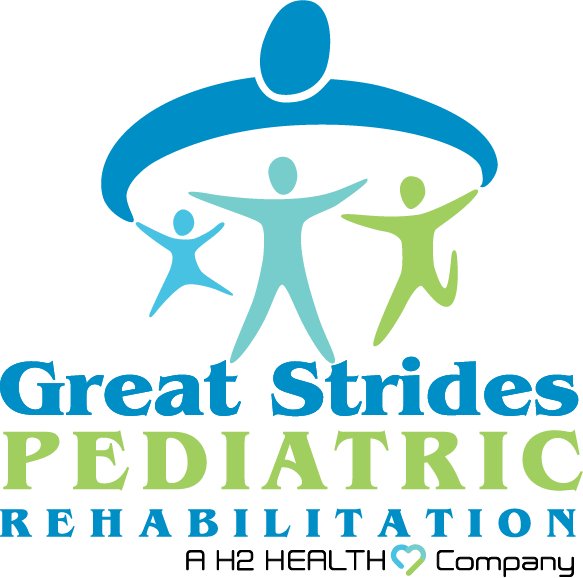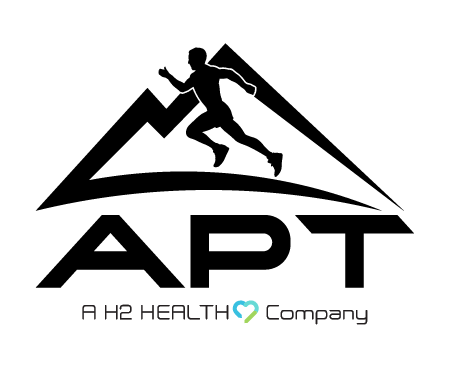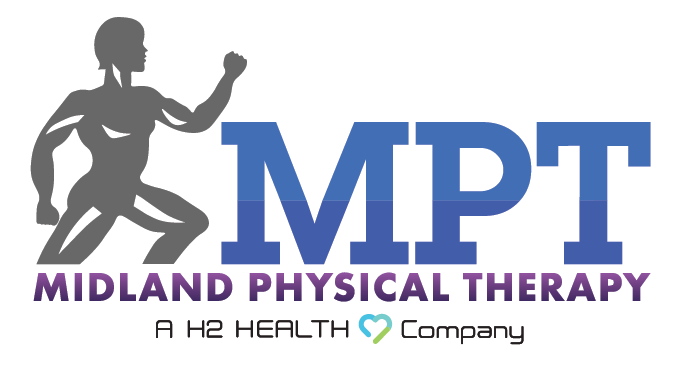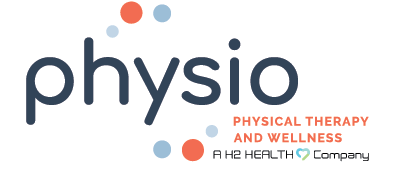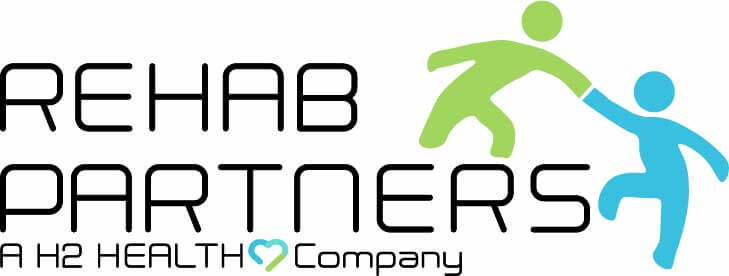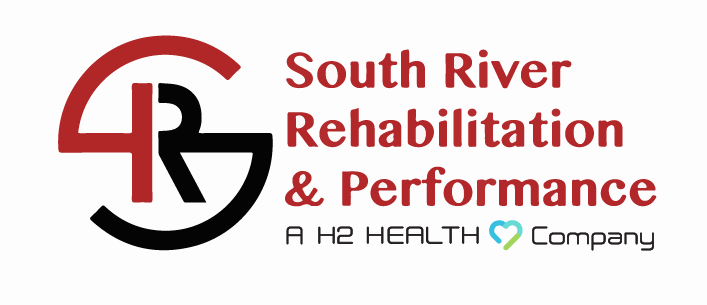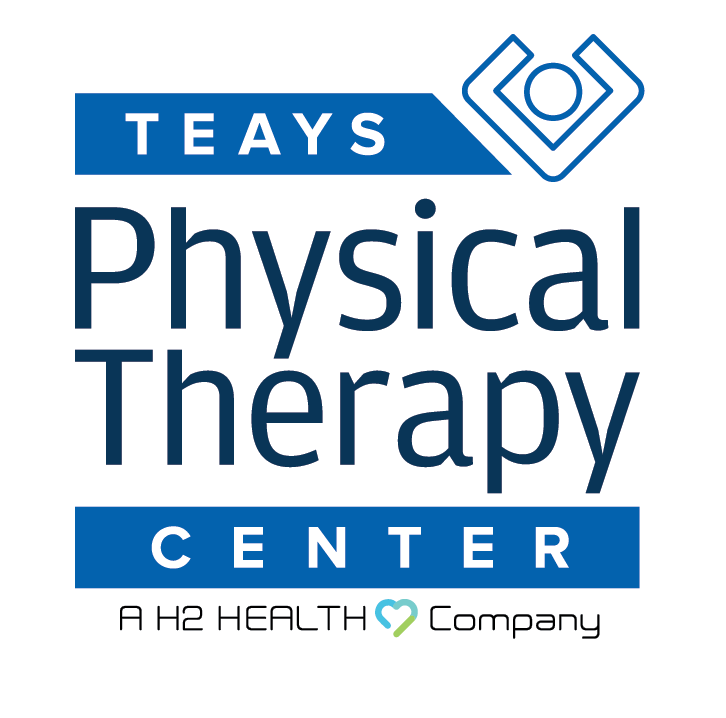Pediatric Speech Therapy
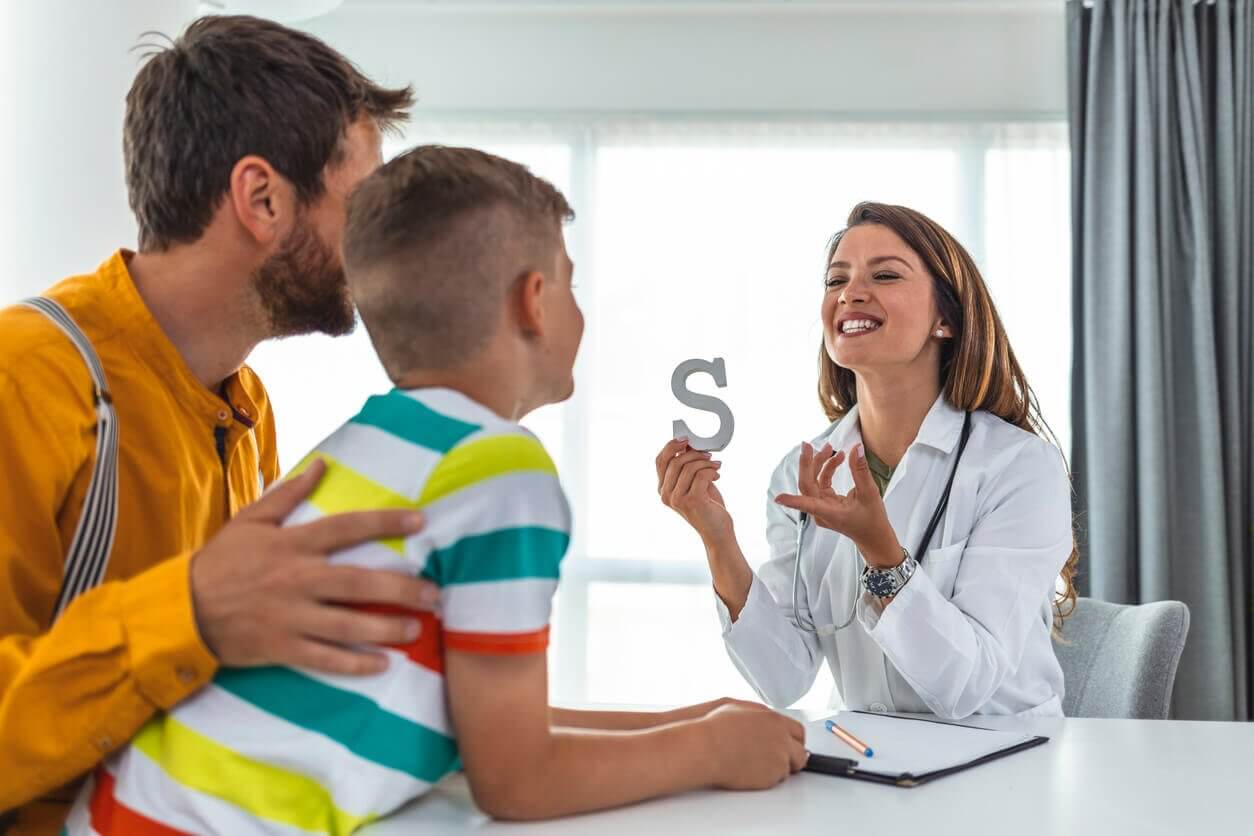
Every parent wants their child to have the best possible start in life. Unfortunately, some children face obstacles that can make it difficult for them to reach their full potential. One of the most common problems is speech delay, which can impact a child's ability to communicate effectively.
Speech therapy is a type of intervention that can help children with speech and language delays improve their communication skills. We specifically work with children on:
- Articulation
- Auditory processing
- Mechanical feeding
- Speech and voice
- Comprehension
- Expression
- Language and pragmatics
- Feeding and chewing difficulties
- Augmentative communication equipment and devices
With regular sessions, speech therapy can make a big difference in a child's life, improving their communication skills, and helping them reach their full potential. Check out our convenient locations!
Kentucky
100 Kiana Court, Suite A Paducah, KY 42001 (270) 443-0681 Learn More
Virginia
2131 College Avenue Bluefield, VA 24605 (276) 352-4896 Learn More
104 North Sanders Avenue
Chilhowie, VA 24319
(276) 646-8774
Learn More
5286 Alexander Road Dublin, VA 24084 (540) 674-6400 Learn More
1113 Carrollton Pike Hillsville, VA 24343 (276) 728-0700 Learn More
580 N Main Street Rural Retreat, VA 24368 (276) 686-7009 Learn More
126 Mill Lane Salem, VA 24153 (540) 387-4311 Learn More
164 Campbell Lane Tazewell, VA 24651 (276) 988-5946 Learn More
6515 Williamson Road Roanoke, VA 24019 (540) 366-2243 Learn More
800 E Main Street, Suite 160 Wytheville, VA 24382 (276) 228-6200 Learn More
Florida
12276 San Jose Blvd., Suite 508 Jacksonville, FL 32223 904-886-3228 Learn More
6871 Belfort Oaks Pl, Suite 200 Jacksonville, FL 32216 904-886-3228 Learn More
430 College Drive, Suite 107 Middleburg, FL 32068 904-886-3228 Learn More
450061 State Road 200, Suite 3 Callahan, FL 32011 904-886-3228 Learn More
1764 Tree Blvd., Unit 2 St. Augustine, FL 32084 904-886-3228 Learn More
250 Land Grant Ave. St. Augustine, FL 32092 904-886-3228 Learn More
Texas
1600 Coulter St Suite 404, Building D Amarillo, TX 79106 (806) 468-7611 Learn More
1325 W. Wilson Borger, TX 79007 (806) 274-9856 Learn More
3501 S. Loop 289 Lubbock, TX 79423 (806) 796-1774 Learn More
450 E. Loop 281, Suite B1 Longview, TX 75601 (903) 757-7731 Learn More
2301 S Broadway Ave, Suite B10 Tyler, TX 75701 (903) 884-7500 Learn More
How Do You Know if Your Child Needs Speech Therapy?
You may be wondering how to know if your child needs speech therapy. Here are five signs that may indicate your child would benefit from seeing a speech therapist:
- Your child has difficulty saying certain sounds – If your little one is having trouble making specific sounds, such as "s" or "r", this could be a sign that they need speech therapy.
- Your child started talking late – Every child develops at their own pace, but if your child is significantly behind their peers in terms of language development, it may be time to seek out speech therapy services.
- Your child uses nonspecific words – If your toddler points to a dog and says, "that thing" instead of "dog", this could be an indication that they need help with language development.
- Your child has trouble following directions – If your child has difficulty understanding and carrying out simple instructions, they may need speech therapy.
- Your child seems frustrated or withdrawn – If your child is exhibiting signs of frustration due to their difficulty communicating, or if they seem to be withdrawing from social situations, speech therapy could help them learn the skills they need to communicate effectively and feel more confident in social settings.
What to Expect
Children enrolled in speech therapy can expect to participate in a variety of activities designed to improve their communication skills. These may include practicing sounds and words, learning to follow directions, and participating in conversations. The therapist will also work on developing the child's ability to understand and use nonverbal communication, such as body language and facial expressions.
Throughout the sessions, the therapist will provide feedback and encouragement to help the child make progress. By working on these skills, children can learn to communicate more effectively and confidently.
Different Types of Speech Disorders That Children Have
Speech disorders can be broadly divided into two categories: problems with articulation and problems with fluency.
Articulation disorders involve difficulty making certain sounds, while fluency disorders involve issues with the flow of speech, such as stuttering.
Children can also have a voice disorder, which is characterized by an abnormal pitch, volume, or quality of the voice. Although speech disorders are relatively common, there is a wide range in severity.
We would be happy to discuss your child's individual needs and goals and answer any questions you may have. Every child deserves a chance to shine in our clinics. Find our nearest location to get the services you need.
What To Expect From The First Few Speech Therapy Sessions
Parents often ask what the first few speech therapy sessions will be like for their child. Here's what you can expect:
- We will ask questions about your child's development, medical history, and current symptoms. This information will help the therapist understand your child's needs and develop a treatment plan.
- The therapist will observe your child in action. The therapist may watch your child talk, eat, or perform other activities. This will help the therapist identify areas of difficulty and potential goals for treatment.
- After observing your child, the therapist will work with you to develop specific goals for treatment.
- The therapist will then create a treatment plan to help your child reach these goals. Treatment may involve activities, exercises, games, and/or equipment. The therapist will also provide guidance on how you can support your child's progress at home.
- The first few speech therapy sessions are an important time for assessing your child's needs and developing a plan to help them reach their fullest potential. By working closely with the therapist, you can ensure that your child gets the most out of therapy.
By the end of the initial evaluation process, you should have a good idea of what therapy will entail and how it can help your child reach their full potential. We are here to answer any questions you may have along the way. Find our nearest location to get the services you need.

